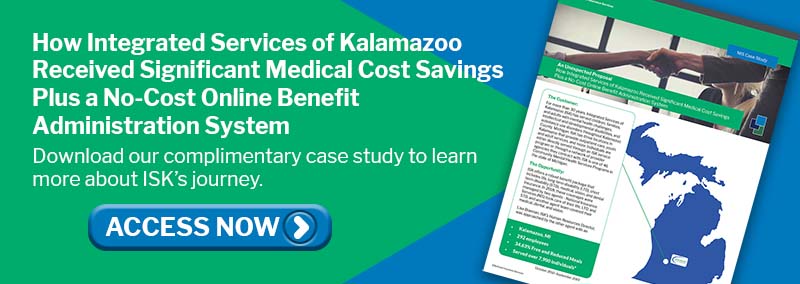Employer-sponsored group health plans must now meet enhanced transparency requirements designed to make health care pricing information more accessible and reduce costs. These rules apply to all group health plans, including fully insured, self-insured, and level-funded plans, as well as health insurance issuers.
While employers can rely on issuers or service providers for many transparency tasks—such as providing machine-readable pricing files and submitting prescription drug and health care spending reports—they remain responsible for overall compliance under federal law. As federal agencies further prioritize price transparency, employers should monitor for new requirements and updates.
Transparency Requirements
|
Reporting Requirements |
||
|
File RxDC report by June 1 of each year |
Health plans must submit annual prescription drug and health care spending reports (RxDC) to the federal government by June 1 for the previous year. These reports require detailed plan, enrollment, premium, and benefit information, and may involve multiple third parties. A submission is complete once all required files are provided, regardless of who submits them. |
|
|
Submit gag clause attestation by December 31 of each year |
Health plans may not enter contracts with providers, TPAs, or service partners that include “gag clauses” restricting access to provider price or quality information. Each year, plans must submit an attestation of compliance by December 31, unless a fully insured plan’s issuer submits it on their behalf. |
Employers that submit their own attestation should follow the latest federal instructions. |
|
Disclosure Requirements |
||
|
Post MRFs and make monthly updates |
Health plans must post three machine-readable files online: in-network negotiated rates, out-of-network allowed amounts, and (once implemented) prescription drug prices. These files must be updated monthly and available to the public at no cost. |
|
|
Provide a self-service price comparison tool |
Health plans must provide an online tool for participants to compare real-time costs for covered services, including prescriptions, and offer paper versions upon request. |
|
|
Post balance billing notice |
Health plans must protect participants from balance billing and unexpected out-of-network costs for emergency services, air ambulance, and certain nonemergency care. Plans must post a notice of these protections and include it with any applicable EOBs. A federal model notice is available but not required. |
|
|
Provide advanced EOBs (delayed) |
The requirement to provide advanced EOBs based on good-faith estimates from providers is delayed until further guidance is issued. |
Monitor guidance regarding the implementation of the advanced EOB requirement. |
Download the bulletin for more details.
Additional Resources
Transparency in coverage final rules from November 2020
RxDC reporting website
Gag clause attestation website

